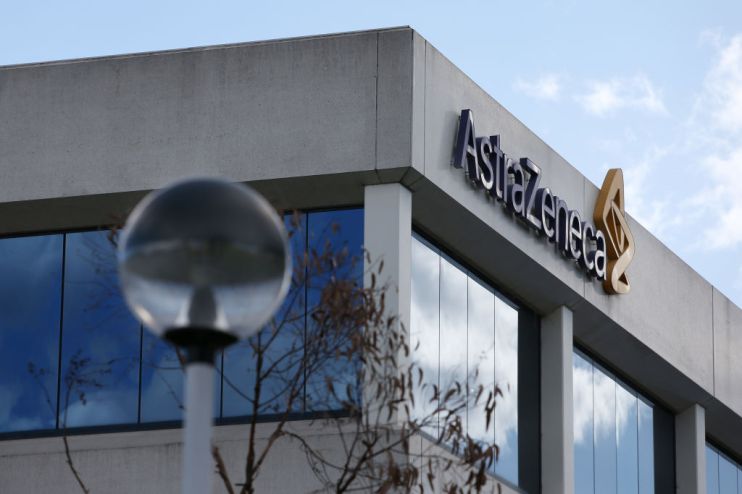European regulator injects hope into AstraZeneca’s bid to tackle cancer

The European Medicines Agency has handed AstraZeneca a number of recommendations and one approval for a trio of cancer drugs the Big Pharma firm is looking to market in the continent.
AstraZeneca’s cancer drug Enhertu has been given the green light by the European regulator for use among patients with gastric cancer.
Around 136,000 cases of gastric cancer are diagnosed in Europe each year, representing the sixth leading cause of cancer death due to it typically being diagnosed in its advanced stages.
The drug is already approved in the US and several other countries for some forms of gastric cancer.
AstraZeneca has been doubling down on its oncology unit as the world embraces the tail end of the coronavirus pandemic.
Enhertu has also been recommended for approval within the European Union (EU) as a treatment for breast cancer patients who have previously undergone chemotherapy, after being found to reduce disease progression or death by 50 per cent in its late-stage trial.
Breast cancer is the most common cancer. More than two million patients were diagnosed with breast cancer in 2020 worldwide.
AstraZeneca is also seeking to tackle liver and lung cancers, following a positive late-stage trial.
The pharmaceutical company’s combination treatment, Imfinzi and Imjudo, has been recommended for marketing authorisation in the European Union (EU) for advanced liver and lung cancers following a positive late-stage trial, AstraZeneca announced today.
Susan Galbraith, executive vice president of AstraZeneca’s oncology research and development division, said: “Patients in Europe diagnosed with these advanced cancers urgently need treatment combinations that can help them live longer.
“If approved, these Imjudo and Imfinzi combinations will provide patients with novel options that harness the potential long-term survival benefits.”
Despite the progress with Imfinzi, AstraZeneca’s share price remained largely unchanged, dipping 0.3 per cent into the red.
Imfinzi had failed to reach key goals in the latest of a series of trials scoping out its effectiveness as a monotherapy – a drug that is used alone, and not in combination with others. However, AstraZeneca said the safety profile for Imfinzi was unchanged.